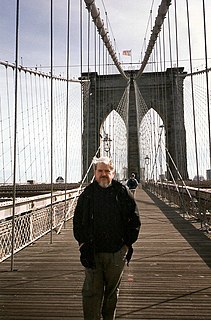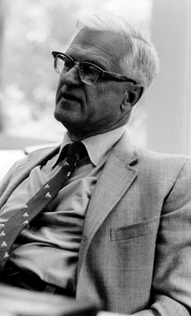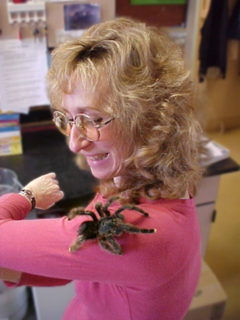A Quote by Friedrich Durrenmatt
The evolution of humans can not only be seen as the grand total of their wars; it is also defined by the evolution of the human mind and the development of the human consciousness.
Related Quotes
I want to put it back together now, this artistic expression that contains religious feeling. I want to investigate: What was the origin? What's happened in the human mind? Can we trace back the moment of the creation of human consciousness? And why did only humans gain consciousness, not other animals? So, evolution? I don't know whether or not I can believe evolution. Maybe we wait for another 100,000 years and then apes get consciousness.
Evolution explains our biological evolution, but human beings are very unique creatures. As the Dobzhansky said, all animals are unique; humans are the uniquest. And that uniqueness of being human, language, art, culture, our dependency on culture for survival, comes from the combination of traditional biological evolution.
It is essential for evolution to become the central core of any educational system, because it is evolution, in the broad sense, that links inorganic nature with life, and the stars with the earth, and matter with mind, and animals with man. Human history is a continuation of biological evolution in a different form.
The meaning that we are seeking in evolution is its meaning to us, to man. The ethics of evolution must be human ethics. It is one of the many unique qualities of man, the new sort of animal, that he is the only ethical animal. The ethical need and its fulfillment are also products of evolution, but they have been produced in man alone.
Man has risen, not fallen. He can choose to develop his capacities as the highest animal and to try to rise still farther, or he can choose otherwise. The choice is his responsibility, and his alone. There is no automatism that will carry him upward without choice or effort and there is no trend solely in the right direction. Evolution has no purpose; man must supply this for himself. The means to gaining right ends involve both organic evolution and human evolution, but human choice as to what are the right ends must be based on human evolution.
Alfred Russel Wallace, the codiscoverer of the theory of natural selection. Following their twin announcements of the theory in 1858, both Darwin and Wallace struggled like Laocoöns with the serpentine problem of human evolution and its encoiling difficulty of consciousness. But where Darwin clouded the problem with his own naivete, seeing only continuity in evolution, Wallace could not do so.
Anthropomorphism is such an interesting concept. It means projecting human thoughts and emotions onto an animal. Which implies that thoughts and feelings belong to humans alone. Of course, if you believe in evolution, or if you believe in the Bible, that's not so. Both evolution and the Bible tell us that we're part of a family.


































